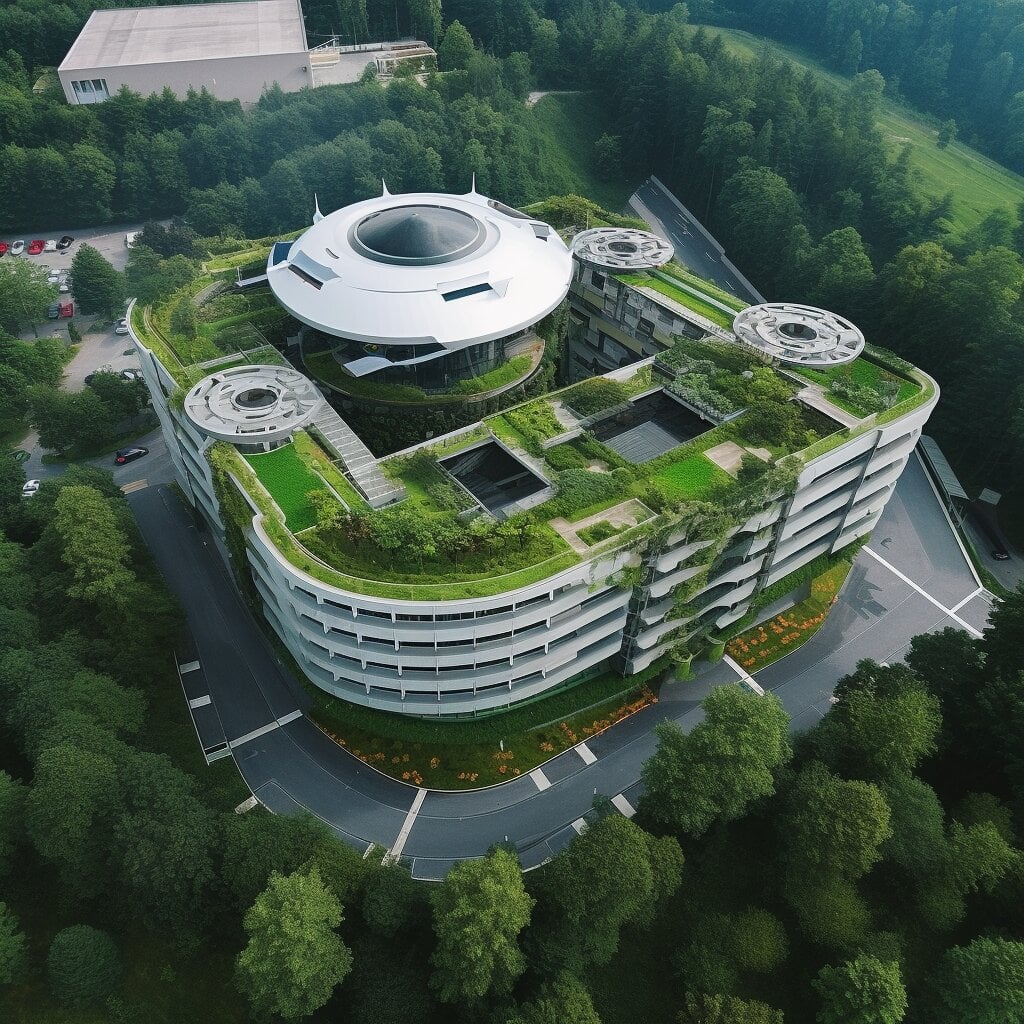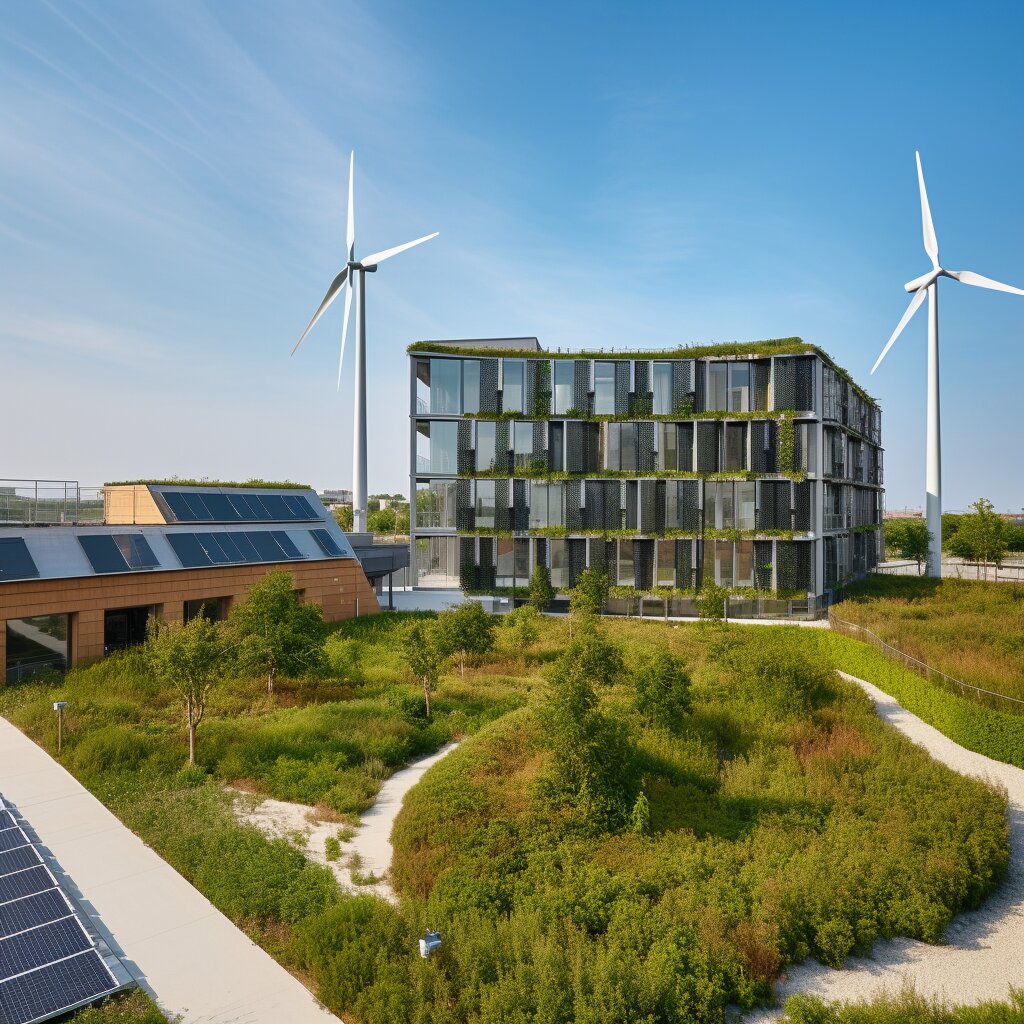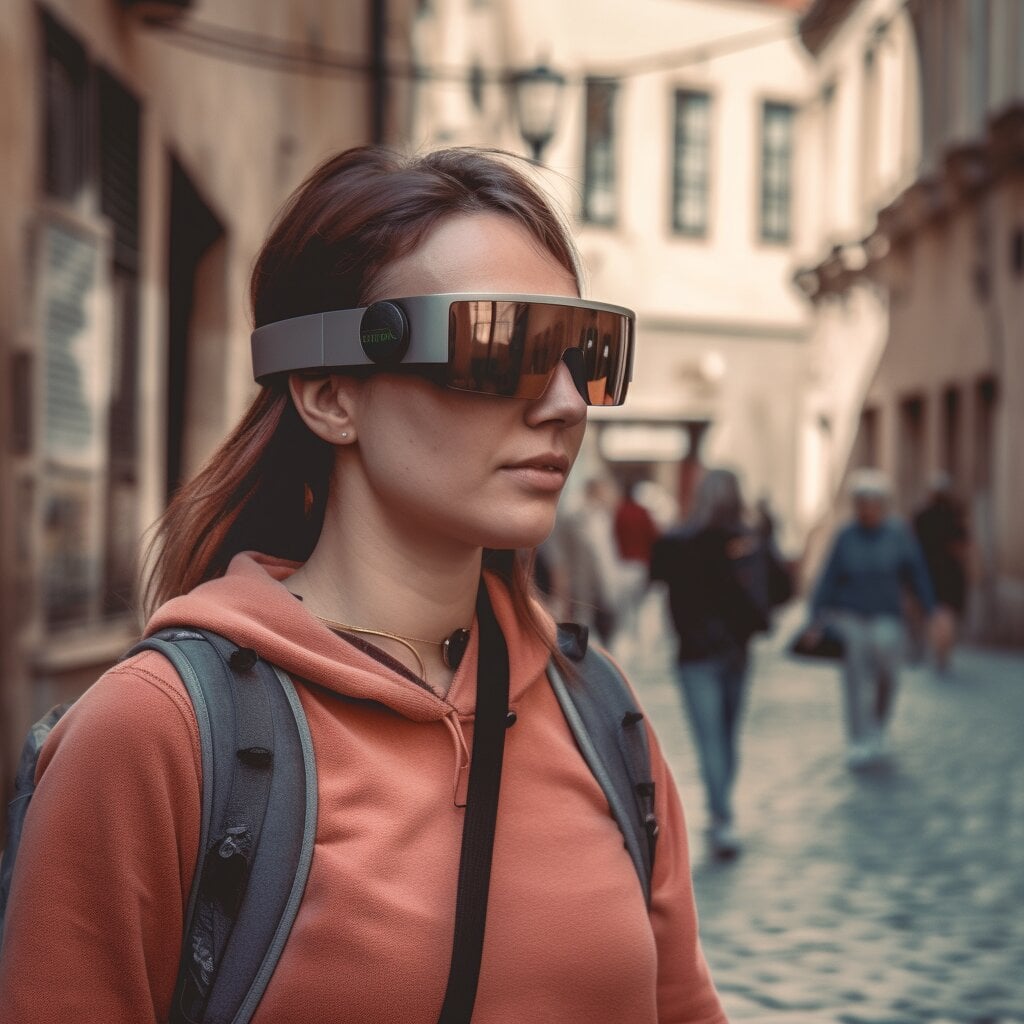Meet the Hotel Guest of 2030


Synopsis
In a futuristic 2030 scenario, amidst global upheaval, the hotel guest experience evolves into an amalgamation of advanced technology, sustainability, and authentic human connection. Travel motivations focus on transformative experiences, personal growth, and cultural understanding. Advanced AI streamlines the booking process, offering personalized suggestions based on users' preferences and travel history. Blockchain technology secures transactions, fostering trust among guests and service providers. Accommodations morph into eco-friendly, personalized smart spaces, enhanced by immersive AR and VR technologies. Human staff are supplemented by AI-powered chatbots and robotics, with the highest levels of personal touch retained in luxury properties. Experiences such as farm-to-table dining and AR/VR explorations of local attractions become integral to the travel experience. The travel and hospitality industry adapts and evolves in response to global changes, leveraging technology and sustainability to craft unforgettable guest experiences.
It is the year 2030. The past seven and half years have been a rollercoaster, filled with giddy highs and depressing lows. Repercussions of the global pandemic and war have made the world feel just a little more wary and disconnected. A new world order is emerging, with the rift between East and West continuing to widen. Financial bubbles have burst as they do and new reserve and digital currencies are starting to take hold. However, humanity has proven its resilience and adaptability, finding new ways to connect, innovate, and overcome these obstacles. One constant remains – our innate desire to travel, explore, and experience new cultures. In this article, we take a journey into the hotel guest experience of 2030, where technology, sustainability, and human connection come together to create unforgettable moments.

Help me rediscover what connects us. Nourish my soul.
I know there’s a lot to worry about these days. With increasing polarization at home and regional splintering around the globe, will we be able to move past political brinkmanship and avoid more devastating wars?
How long will our favorite travel getaways survive the onslaught of climate change and social media fueled over-tourism? Will economic shocks keep getting steeper and quicker…and divisions between the haves and have-nots wider? What sort of world are we leaving behind for our kids and what sort of fulfilling work will AI leave us with? It sounds pretty dystopian…but one thing still restores my faith in humanity – travel. Seeing new places, experiencing different cultures and meeting like-minded people really helps me believe that we’ll survive (and thrive) as a species.
Leisure travel motivations in 2030 will likely center around unique, transformative experiences that foster personal growth and cultural understanding. As remote work becomes more embedded for certain professions, longer-term stays and ‘workations’ will gain popularity. Experiences focusing on well-being, sustainability, and authentic connections with local communities will be highly sought after.
Remember me. Craft my ideal travel experience.
I love how frictionless and personalized my favorite AI assistant has made my travel. It knows my needs, preferences and behaviors by trip type and is an invaluable muse when I’m dreaming about my next getaway. All I need to do is challenge it to find me amazing options based on a few key parameters, and it does the rest…from recommending destinations that fit the bill, curating an itinerary and even making bookings, ensuring I’m getting the best deal for my money and maximizing my loyalty benefits.
By 2030, hotel booking becomes a seamless, highly personalized process facilitated by advanced AI and data analysis. Virtual assistants, integrated into various platforms, understand user preferences and suggest suitable accommodations based on their needs, budget, and travel history. Guests can virtually tour the hotel and their room using augmented or virtual reality before confirming the booking. Blockchain technology enables secure, decentralized and instantaneous transactions, streamlining the booking process and increasing trust among guests and connected service providers.

Sustainable luxury in motion.
I arrive at my hotel in an electric autonomous vehicle, which the hotel has thoughtfully integrated into their reservations and loyalty system. In some cities around the world, I can even use aerial taxis or other urban air mobility options, as the hotel is equipped with drone landing pads or vertical take-off and landing infrastructure. Throughout my stay, I notice the hotel’s commitment to eco-friendly practices, from solar power to water conservation and waste reduction initiatives.
Advancements in transportation and growing emphasis on sustainability have led some cuttingedge, new hotels to adapt their systems and services accordingly. Advanced materials and energy systems, trialled at new hotels contribute to an infrastructure that is both responsible and forwardthinking.
My stay. My world.
I arrive at my eco-friendly hotel, seamlessly blending with the local environment, and my smart room instantly adjusts to my preferences. I experience a customizable space with smart lighting, temperature controls, and immersive entertainment using augmented and virtual reality technologies. My room even offers adjustable layouts and the ability to connect with my colleagues for virtual meetings or brainstorming sessions.

This personalized experience has been made possible by advancements in AI, data analysis, and sustainable design practices. Hotels that have been newly built and renovated in the past few years have learned to harness these technologies to deliver a unique and immersive experience while prioritizing environmental responsibility and cultural preservation.
Connected, Yet Cared For.
I interact with AI-powered chatbots and virtual concierges to get personalized recommendations and assistance. Advanced robotics help with various tasks, but human staff remain vital in providing personal, high-touch experiences. I can instantly share my feedback, and the hotel management takes prompt action to address my concerns or celebrate their successes.
The integration of robotics, and emotional AI ensures empathetic interactions and efficient service. Some hotels have adopted instant feedback systems, capturing moments of truth in realtime and using these insights to improve guest satisfaction and overall hotel performance. There is also increasing polarization in terms of the human/automation ratio across hotel types. Budget, Midscale and Premium hotels have started to increase their reliance on automation to keep labor costs down while still offering a degree of personalization and convenience. High touch human interaction and even tech-free bubbles have increasingly become the domain of luxury properties.

Exploring the world through my senses.
I indulge in farm-to-table dining experiences with personalized menus catering to my dietary needs. The spa offers a blend of traditional therapies and cutting-edge treatments, like neurofeedback and virtual reality-guided meditation. The hotel even has immersive AR and VR experiences for exploring popular local attractions, so actual outing time can be saved for experiences off the beaten path. My AI assistant and AR help me discover the destination in a truly memorable and personalized way, even helping me communicate in realtime with locals without having to learn the language.
Where fresh produce is hard to come by, forward-looking hotels are increasingly relying on hydroponics and vertical farms to offer organic food with a reduced carbon-footprint. The rise of hyper-local and immersive experiences has been driven by consumers’ desire for unique, transformative, and authentic connections. AI assistants, combined with the power of advanced mapping and augmented reality allow travelers to personalize how they discover new locales, while helping them translate, shop and get around conveniently.

Back to the past.
In the year 2023, with the world still reeling from the worst pandemic in a hundred years, war escalating and generative AI just making a breakthrough, no one would have imagined just how much the world would change in the coming 7 and half years.
In a world where change is the only constant, the hotel and travel industry really stepped up and demonstrated its ability to adapt, evolve, and thrive.
Thanks to industry thought leaders and owners who embraced new technologies and prioritized sustainability, the hotel guest experience of 2030 offers a vision of hope and unity, proving that even in the face of adversity, we can come together to create a brighter future for all.